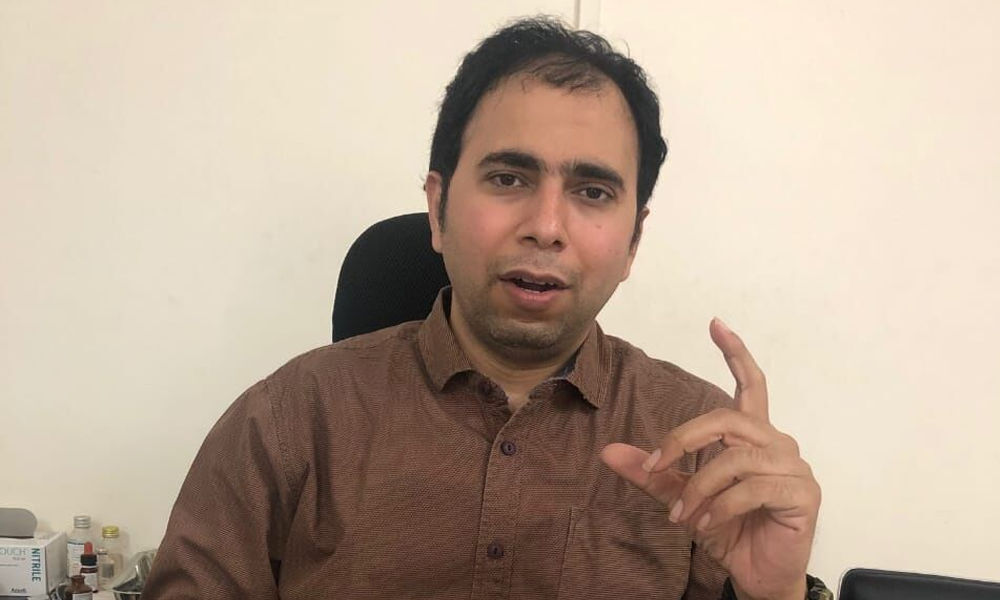Sleep apnea may affect health: Expert
 ENT Specialist TV Rajani Kanth
ENT Specialist TV Rajani KanthSleep apnea is a potentially serious sleep disorder in which breathing repeatedly stops and starts
Vijayawada: Sleep apnea is a potentially serious sleep disorder in which breathing repeatedly stops and starts. If you snore loudly and feel tired even after a full night's sleep, you might have sleep apnea.
It is observed that 34 per cent of men and 17 per cent of women between age 30 and 70 years can be expected to develop significant levels of Obstructive Sleep Apnea (OSA). In India, the figure varies from 2.4 per cent to 3.42 per cent in men and about 1-2 per cent in women.
Speaking to The Hans India to mark the World Sleep Day, noted ENT specialist TV Rajani Kanth explained on how to sleep well and press the snooze button on sleep disorders.
He said apnea is a medical condition in which breathing literally stops for a few seconds in most instances but sometimes it may actually continue for almost a minute.
If this happens when the person is asleep, it may be described as Sleep Apnea, the commonest form of which is Obstructive Sleep Apnea. As many as 84 per cent cases of Sleep Apnea are OSA.
He says that longer spells of apnea, close to 60 seconds at a stretch usually causes you to wake up, particularly if you have just gone to bed a short while ago.
Your health may be impacted more seriously on account of chronic insufficiency of oxygen supply to the brain due to OSA over a period of several years, said the specialist.
He said that OSA happens because of reasons such as obesity, family history of OSA, an oversized tongue that touches the top of the mouth when you are sleeping, the lower jaw being considerably smaller than normal. Obesity is not only an important cause of OSA, but also affects the severity of the disorder.
He said with the advancement in medicine and the latest procedures it can be treated. A few surgical options may be considered in specific cases, such as a deviated Nasal Septum (the piece of cartilage that separates the two nostrils).
But for the vast majority of OSA patients, the treatment of first choice is Continuous Positive Air Pressure (CPAP).
However, before initiating treatment with CPAP, a thorough examination by an ENT surgeon and a proper study of sleep patterns is essential.
Once the diagnosis of OSA is established, a device that delivers a small amount of positive pressure can be used for keeping the air passages open.
The CPAP device could be placed in the nose or worn over the mouth and helps to stabilise air pressure throughout the passage way.
Some patients are, however, uncomfortable wearing the CPAP device while sleeping. In a smaller proportion of cases, a similar device known as BiPAP (bi-level positive airway pressure) may prove more useful, he added.















